Preventing Pest Infestations: How To Keep Unwanted Guests At Bay
Face unwanted pests at home? Ants in your kitchen or rodents in the attic can turn your home into a battleground. You're not alone in this nationwide struggle.
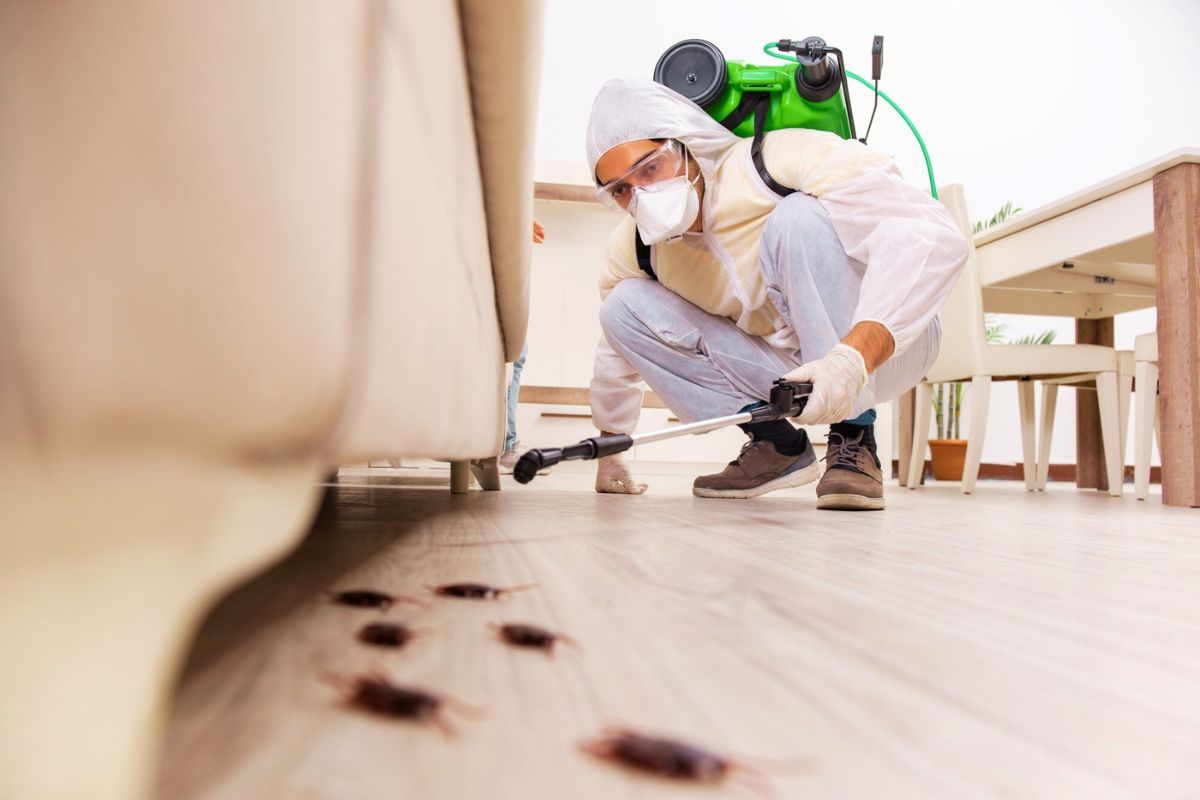
Waking up to the scuttering sound of rodents in your attic or discovering a kitchen infested with ants presents an unwelcome sight for any homeowner. Pest infestations can quickly turn your home from a sanctuary into a battleground. Across the country, more people than ever are finding themselves sharing their homes with unwelcome guests.
You might be asking, 'Why is pest prevention so crucial?' Not only are pests a nuisance, but they may also carry diseases and cause significant property damage. Hence, it's a must to protect your home from them before they grow into an uncontrollable infestation.
This article will explore practical strategies to help you maintain a pest-free environment and keep these unwelcome visitors at bay.
Brief Overview Of Pest Control
Each household presents unique challenges when it comes to preventing pests. A one-size-fits-all approach doesn't cut it. So, calling a reputable and professional team, such as Raleigh pest control service providers, can ensure your home is 100% pest-free using the appropriate methods. Companies like theirs are equipped with modern and effective tools to eliminate anything from rodents to insects without damaging your home.
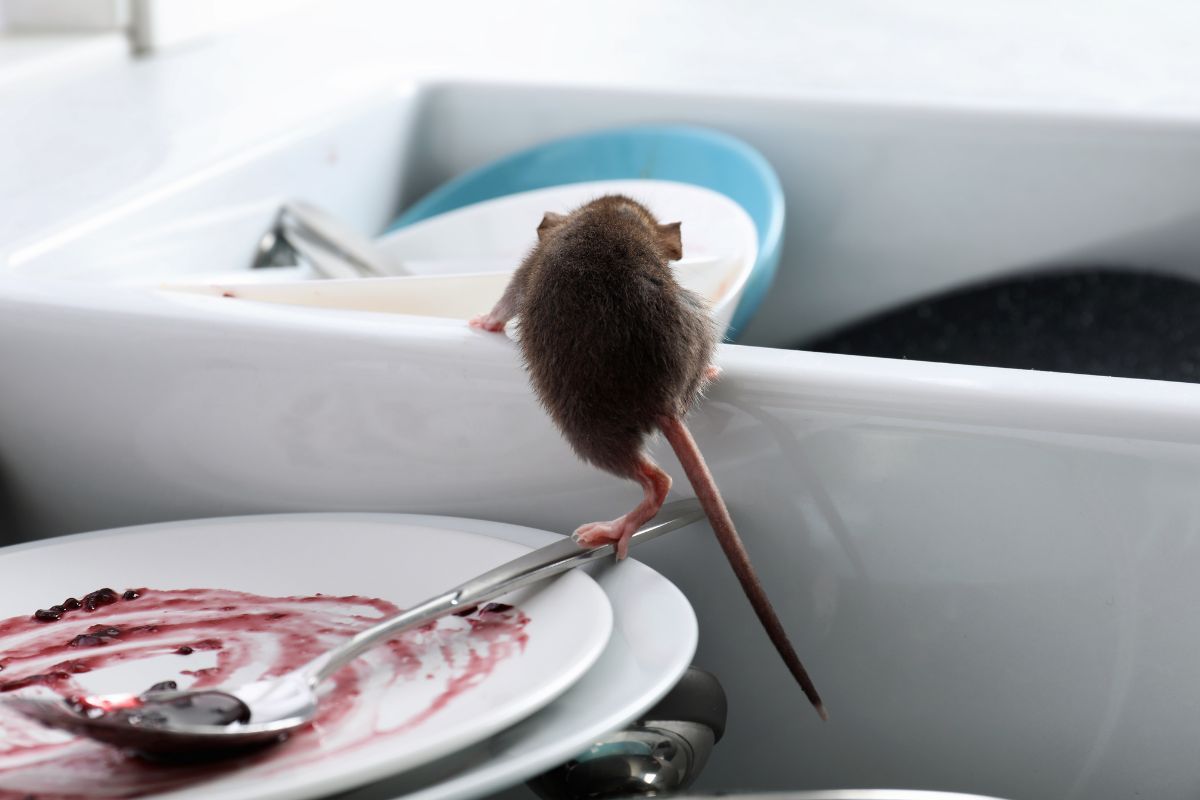
Common misconceptions abound when it comes to pest control, like the erroneous belief that pests only invade dirty homes. Truth be told, even the cleanest homes can fall prey to pest infestations. Even if your home is always pristine, it pays to examine it regularly to keep pests from multiplying.
Identifying Common Pests And Their Habits
Your first line of defense is knowing what you're against. Rodents, insects, and spiders are common invaders of most homes. Rodents are notorious for chewing through wires and causing damage, while some insects and spiders can pose health risks through bites or spreading diseases. Early detection of pest infestations is vital. Watch for signs like droppings, bite marks on food containers, or even unusual pet behavior such as excessive scratching or whining.
Food and shelter are primary attractors for pests. For instance, unsealed food can lure ants and cockroaches, while piles of wood or other clutter can provide a perfect home for spiders or rodents.
Understanding what attracts these pests to your home can help you take the correct preventive actions.
Creating A Pest-Proof Home Environment
Preventing pests is more efficient than dealing with an infestation, no matter how small. How do you create an environment that's inhospitable to them? Here are some of the most effective ways to do so:
1. Seal Gaps And Cracks
One of the most common ways small pests like insects and rodents infiltrate homes is through tiny gaps and cracks in walls, windows, and doors. These often-overlooked openings are like welcoming entrances to pests. Thus, an essential step in having a pest-free home is to conduct a thorough inspection around the house.
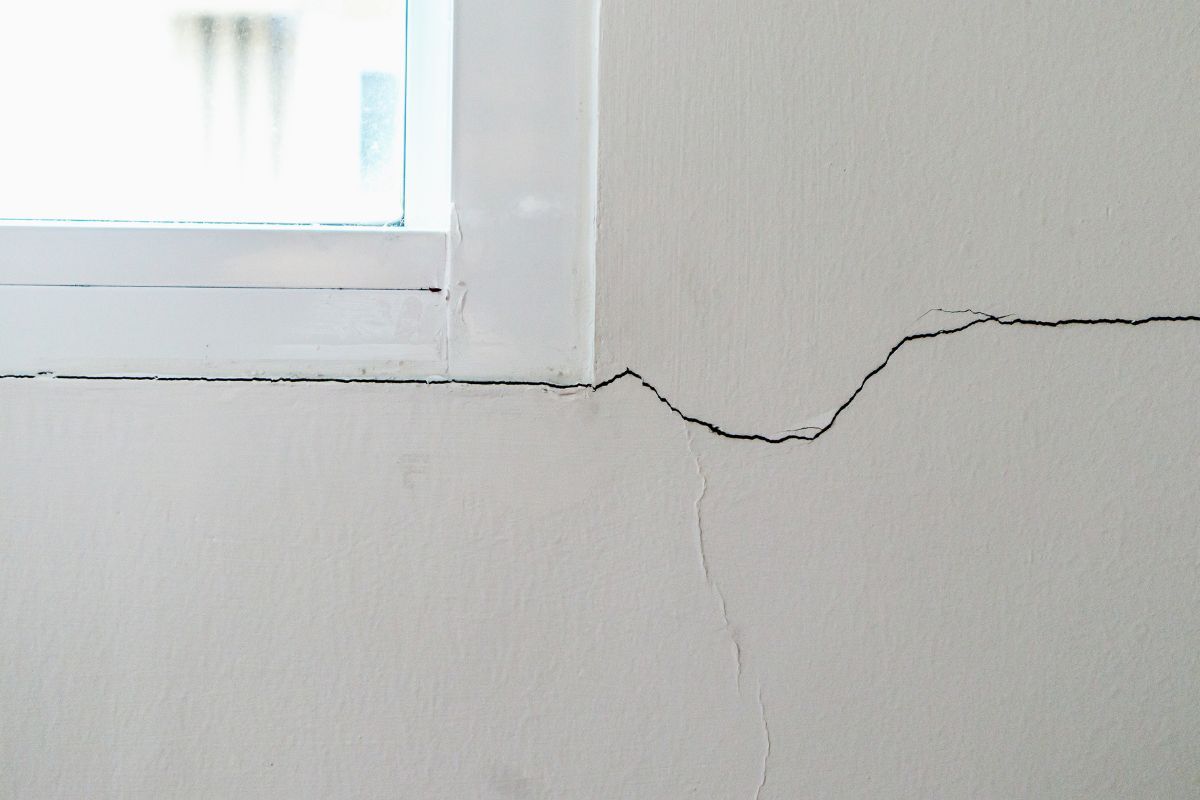
Look for any cracks in the foundation, gaps around window frames, or spaces beneath doors. Sealing these access points with caulk, copper mesh, weatherstripping, or other suitable materials can effectively deter pests from making your home theirs.
2. Proper Waste Management
A pile of garbage is nothing short of a feast for many pests like roaches and rats. Keeping all your home's waste, especially food waste, correctly disposed of and securely stored is paramount in keeping pests at bay. This involves not only using a garbage can with a tight-fitting lid but also cleaning the containers regularly to remove any residue that might attract pests.

Additionally, avoid leaving food waste in the house overnight. Routinely taking out the trash will also prevent any enticing aromas from drawing in pests coming from outside.
3. Regular Cleaning And Decluttering Practices
Clutter can often provide hiding spots and breeding grounds for pests due to their dark and moist environments. Regular cleaning and removing junk not only makes your home less attractive to such organisms but also allows you to spot any signs of infestation early.
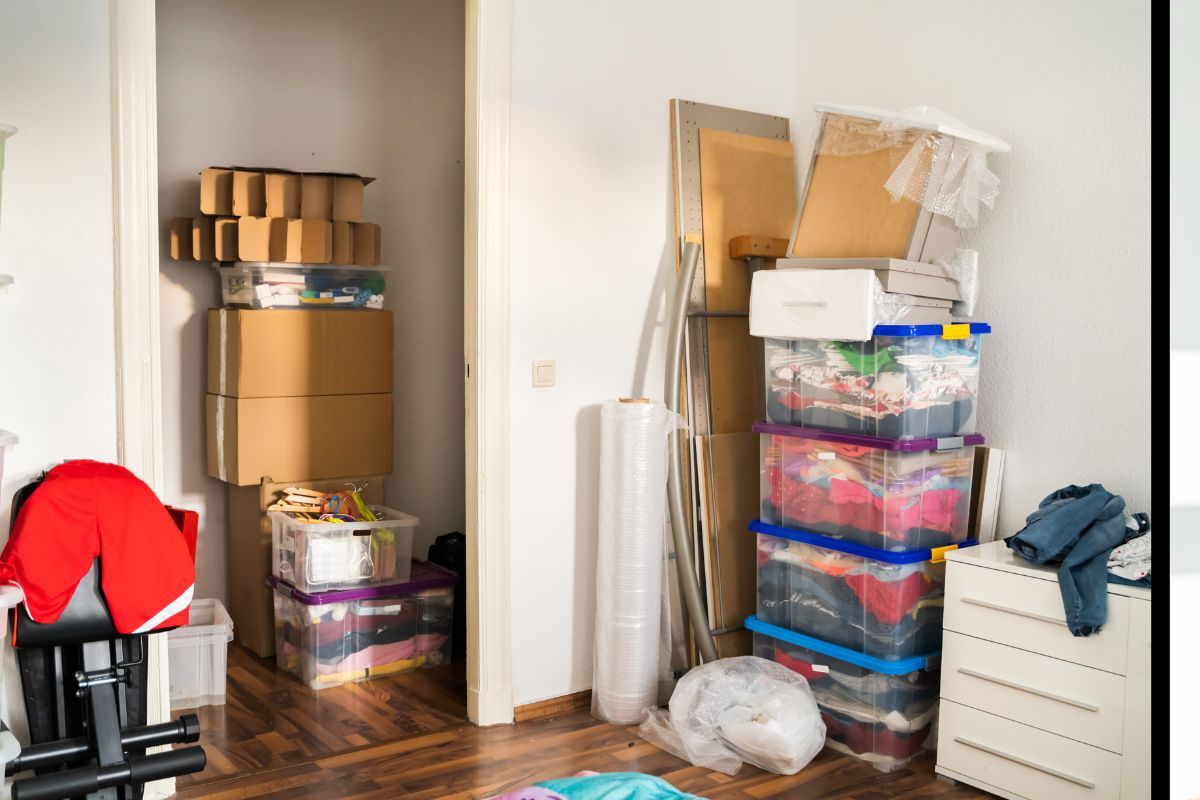
Keep your floors clean and wipe up any spills that could attract pests. Furthermore, reduce clutter in areas like garages, basements, or attics where these unwelcome guests might hide or nest. If you suspect a bedbug infestation, washing your bed sheets in hot water can help manage the issue. Regular vacuuming is another great practice as it can suck up any insects or their eggs.
4. Landscaping And Outdoor Maintenance
The condition and layout of the area surrounding your home play a significant role in pest prevention by either attracting or deterring pests. Overgrown bushes, piles of leaves, or stacks of firewood near your home can provide shelter for these creatures and give them a foothold to invade your home.
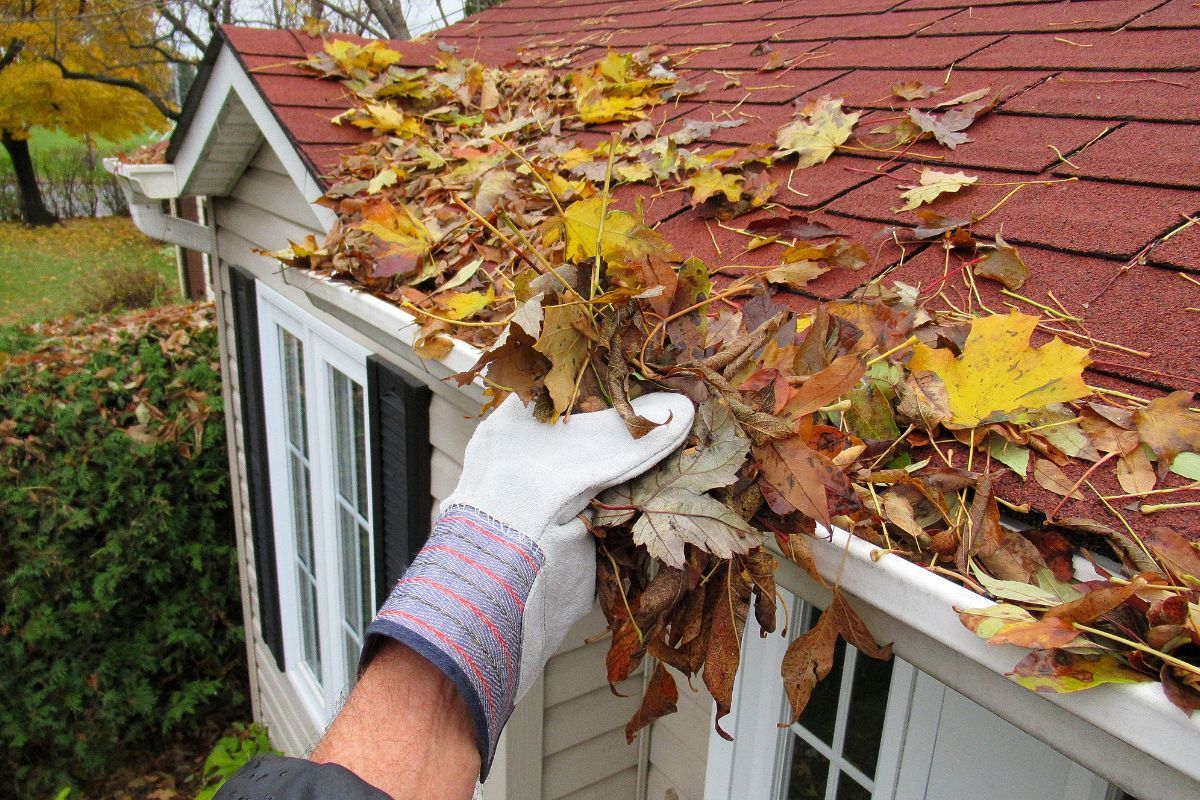
Trim shrubs and trees near your house often and maintain a gap between any vegetation and your home's walls. Place firewood and other materials stacked neatly and as far from your home as possible to keep pests at a distance. If you have a garden, consider covering vulnerable plants with wire cloches to protect them from rodents and other larger pests.
5. Item Inspection
Before bringing anything inside, especially items that have been left outdoors or in storage, give them a thorough check. Pests or their eggs might be hiding in the folds of that camping gear or on that secondhand piece of furniture you just purchased. A quick inspection can prevent an infestation from hitching a ride into your home.
6. Stagnant Water Disposal
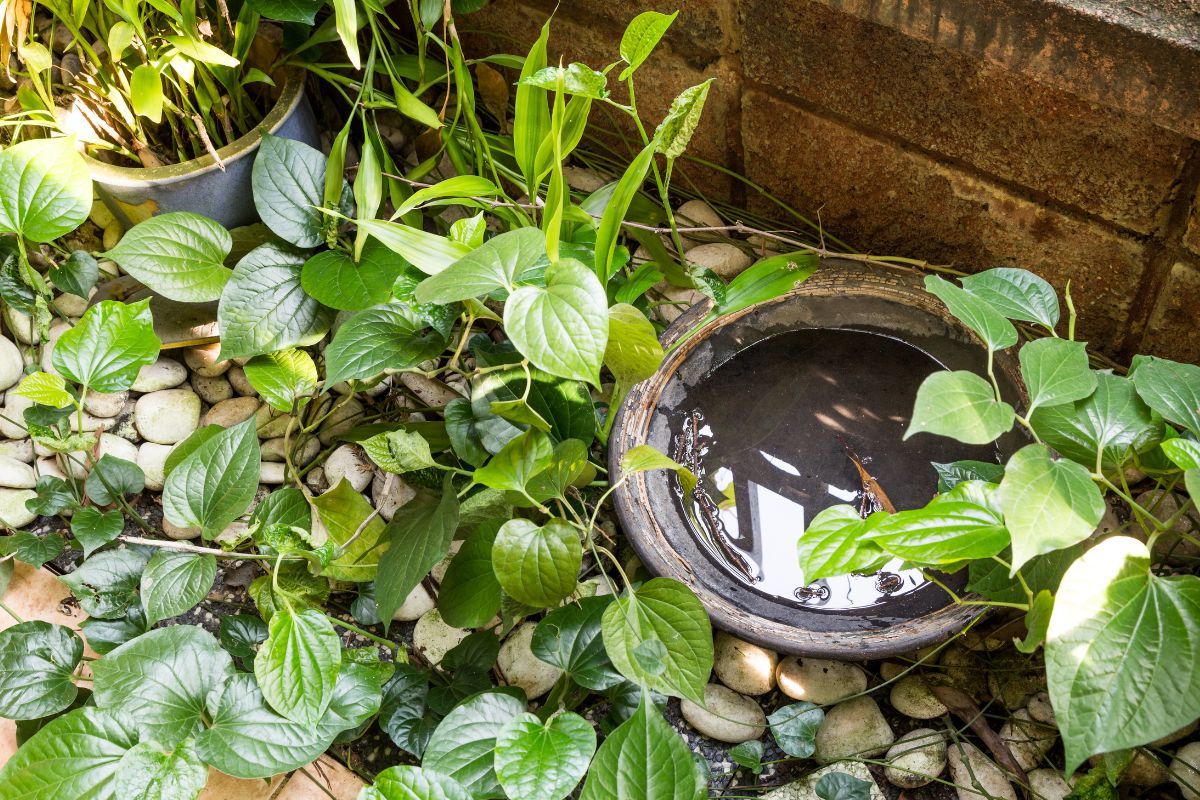
Stagnant water is a prime breeding ground for pests, especially mosquitoes. Routinely empty birdbaths, flowerpot saucers, or any containers that might collect water. Clean and maintain your gutters to prevent water from pooling. Even small amounts of water can be enough for pests to breed, so be thorough in your inspection.
7. Keep Areas Dry And Well-Ventilated
Just like humans, pests need water to survive. Moist, damp areas in your home are like an oasis to termites and the like. Ensuring areas prone to dampness, like basements, bathrooms, or attics, are well-ventilated can make your home less inviting. Use dehumidifiers if necessary and promptly fix any leaks or drips.
8. Add Screens To Doors And Windows
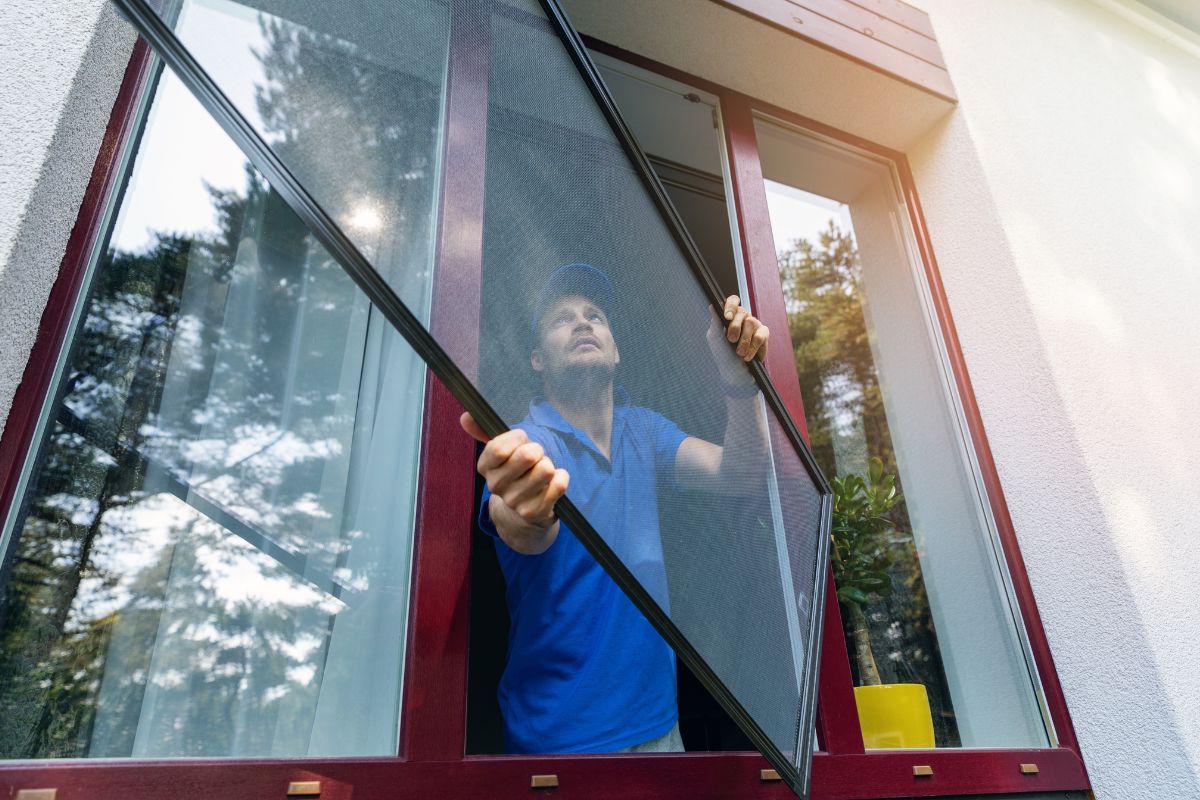
Screens can be a straightforward and effective deterrent to many pests, blocking them from entering your home while still allowing fresh air in. Get screens that are in good condition, without any holes or gaps, and consider adding them to all windows and doors in your home.
Natural And Safe Pest Control Methods
In addition to sealing, cleaning, and landscaping to make your home less inviting to pests, you can also incorporate eco-friendly and non-toxic solutions, which are gaining popularity today.
Here are some ways you can eliminate pests without harming the environment:
1. Natural Repellents
Many pests are repelled by certain smells. Plant-based repellents, such as lavender, mint, or citrus, can help keep those annoying insects at bay. Consider growing these plants in your garden or using their essential oils around your home.
Other natural repellents include spices like cinnamon or clove and even vinegar. Used coffee grounds are another excellent natural repellent you can leave around and outside your home since many pests avoid going near their scent.
Place these items in small cups or containers near pest-prone areas as a natural force field against insects.
2. DIY Traps And Baits
You can often create effective pest traps with household items. For instance, a simple fruit fly trap can be made with a cup, some apple cider vinegar, and plastic wrap. For rodents, bait traps with peanut butter. Remember to check and empty these traps regularly for them to remain effective.
3. Beneficial Predators
Some creatures can be your allies in pest control. Birds, for example, eat a variety of insects, and bats are known for their mosquito-eating prowess. They may help curb the pest population to a degree. Cats are well-known mouse hunters. Even arachnids and certain types of insects, like spiders and ladybugs, prey on other pest insects.
Encourage these beneficial predators by making your yard welcoming to them or consider keeping a pet if it fits your lifestyle. But if you plan to have them around, continue to keep an eye on your home, as too much of a good thing can still be bad. Birds may damage plants, and some beneficial insects may find their way inside your home.
Seeking Professional Help And Expert Advice
For severe pest infestations, you may need to call in the professionals. Regular inspections and preventive treatments can be a smart investment, saving you from the stress and potential damage, like chewed wires or spoiled food, that unchecked pests can cause.
Check with neighbors or search online to find a local pest control team with the services you’re looking for. Their expertise can guarantee a safe and successful pest extermination process to keep your home free of these invasive organisms. To help you choose the best one, look for customer testimonials. Positive reviews from previous clients are great indicators of excellent service.
Keep Pests Out The Right Way
Even after applying these methods, the battle against pest infestations is ongoing. By understanding the habits and preferences of pests, you can tailor your defense strategies to create an environment that is inhospitable to them. Clean your home regularly, dispose of waste and stagnant water appropriately, and keep your home sealed yet well-ventilated. Natural pest control methods are also a safe and effective part of your arsenal.
But for severe issues, don't hesitate to call in the experts. Efforts invested in maintaining a pest-free home result in peace of mind, potential savings, and comfort.
It's time to inspect your homes for pests and take appropriate action. Begin your journey toward a pest-free home today!


Comments ()